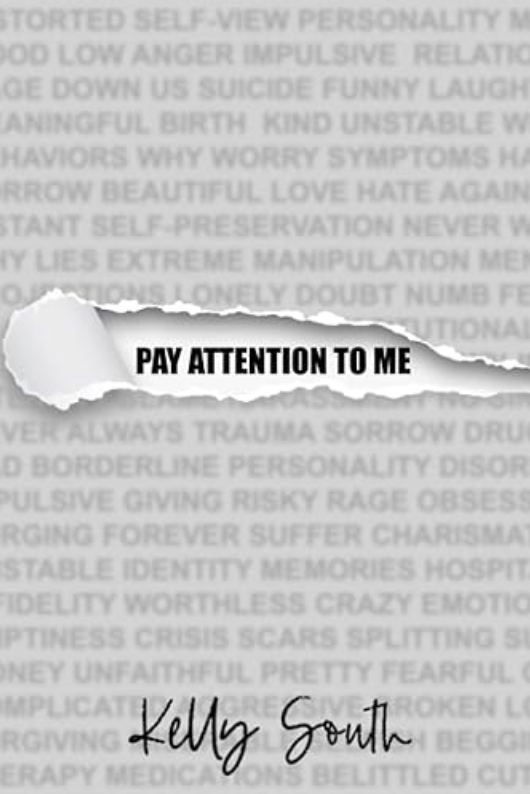BPD & Stigma - It Ain’t Fair
Let’s be real - nobody has ever heard the word “stubborn” used in a positive way. In fact, many of us have had the word “stubborn” demonized to us in childhood through parenting. People called us “stubborn” when we had a need that wasn’t being met and our parents couldn’t meet it - often because they weren’t asking the right questions. That wasn’t our fault and perhaps it wasn’t theirs either. None of us could know what we didn’t know.
You might be wondering why this matters? A personality disorder is literally classified as a “persistent stubbornness in personality”. The word “stubborn” and being perceived as stubborn is often very stigmatizing. What isn’t talked about, however, is that there are positive aspects of that stubbornness - we are stubborn with our love. We are stubborn with our creativity. We keep going. We work at it. We aren’t quick to give up.
Stigma and BPD
This stigmatization of BPD not only exacerbates the struggles of those of us living with the disorder but it also acts as a significant barrier to us seeking help. The misconception that individuals with BPD are manipulative or attention-seeking perpetuates an environment of isolation, hindering open conversations about mental health. It is crucial to dismantle these stigmas.
So, how do we reduce stigma?
Promote Education and Awareness - this is why on our podcast we offer real and often uncomfortable information to dispel the BPD myths and misconceptions
Encourage Open Conversations - it is essential that we share personal stories and experiences to humanize each other because when we realize we don’t hate our friends with BPD then we realize it’s possible to not hate ourselves
Advocate for Policy Changes - this is the world that Laurie is doing in her paid job that has the capacity to make significant changes as more people begin to advocate. We must support and advocate for mental health policies that promote access to care, reduce discrimination, and protect the rights of individuals with BPD. We can do this by pushing back when providers tell us “no” they cannot diagnose us, or “no” they don’t work with people with BPD, etc. We can do this by reporting doctors who make stigmatizing comments to the board of medicine or their hospitals. There are many ways we can do this - connecting with us through BBB and SuperFeelers can give you ideas for how to advocate
Use person-centered language: discourage derogatory terms and stereotypes that perpetuate negative attitudes
Volunteer: when we contribute to or volunteer with mental health organizations and initiatives that focus on reducing stigma and providing support we are actively building a healthier community for ourselves and our peers
Let me say what hasn’t yet been said…
I can list dozens of ways to reduce stigma here, but the most important thing I say for our BPD community is that it isn’t fair that we have to advocate for reducing this stigma. It isn’t our fault that there’s stigma within the system and it shouldn’t be our responsibility to address the stigma. We do have to mourn the fact that we often work harder than people who do not live with BPD to have a life that still has more stigma than them.
Yes, it is unfair. And, like DBT teaches us that two things can be true at once, if we want to live lives with more joy than it’s essential that we work to reduce the stigma.
Learn from BPD babes
If you want to learn about BPD directly from people who live it, we suggest Kelly’s book about her lived experience with BPD:
